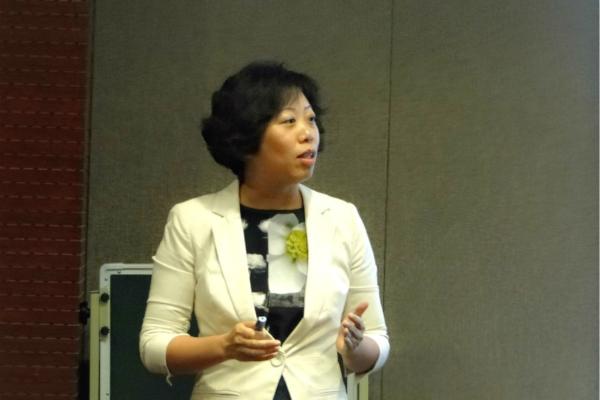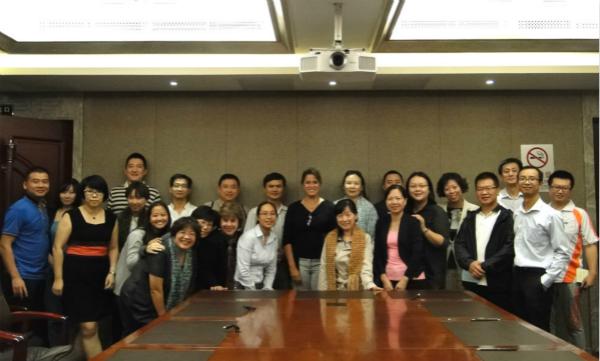The Private Advisory Board dates back to 1957 when American enterpreneur Robert Nourse and four other CEOs established regular round table meetings.
Fellowship is a church and believers' communicating model evolved from that of Jesus teaching his disciples.
What will happen if we blend the borders of these two models?
This was one of the hottest topics from a seminar named "city upon a hill leadership seminar" on Sept. 24th in Beijing. A score of enterprise executives and Christians shared their ideas about this new model leadership.
What is the private board?
Private board became popular in recent years in Chinese business. It was created by an American entrepreneur Robert Nourse. At first it was a roundtable discussion between several CEOs, and later it was developed and specialized as a service agency. After fifty years development, private board was very mature in Europe and America, and many presidents had their own private board services.
Private board was introduced into China in 2006 and became famous since 2013. It became the third most popular platform for entrepreneurs' communication after EMBA and entrepreneur club. There were about 10-15 entrepreneurs in a private board, who came from different industries and without conflicts of interest nor competition. An instructor led them to settle problems, share experiences and learn life experiences and insights on this platform.
Christian business leaders thought that the greatest importance of the private board was the value of leadership breakthrough.
On the seminar, the organizer Zhengyun, who was the sponsor and manager of Beijing Mountain City Consulting Co., Ltd. and a devout Christian, shared her experience with private board. She has been concerned about this since three years ago and found that it was useful for entrepreneurs to promote their leadership.
She quoted Christian leadership guru John Maxwell's "the 5 levels of leadership": position (people follow because they have to); permission (people follow because they want to); production (people follow because of what you have done for the organization); people development (people follow because of what you have done for them personally) and pinnacle (people follow because of who you are and what you represent). She pointed out that there were many contradictions between the professional managers and first-generation entrepreneurs nowadays, and one of the reasons was that the first-generation entrepreneurs needed to breakthrough their leadership and keep up with the times. She thought that the private board was a good path to promote entrepreneurs' leadership.
She witnessed some changes happened during the private board. A demanding CEO began to notice his speaking manner. A sister who once had a cool attitude toward belief turned back to church meetings.
The key of private board: trust, care, challenge and growth
Sister Zheng not only paid attention to the scientific model of private board, but also applied what she learned from fellowship to the private board. She said that the model of Jesus teaching his disciples brought her many inspirations on leadership. And she stressed that beyond the outer model, the core idea of private board was more important: trust, care, challenge and growth. It was a pretty good tool to build a team with fraternal cooperation and common progress.
First step was to change yourself
At last, sister Zheng quoted the words on a gravestone in Westminster Abbey to encourage attendees to change themselves first:
When I was young and free and my imagination had no limits, I dreamed of changing the world.
As I grew older and wiser, I discovered the world would not change, so I shortened my sights somewhat and decided to change only my country.
But it, too, seemed immovable.
As I grew into my twilight years, in one last desperate attempt, I settled for changing only my family, those closest to me, but alas, they would have none of it.
And now as I lie on my deathbed, I suddenly realize: If I had only changed myself first, then by example I would have changed my family.
From their inspiration and encouragement, I would then have been able to better my country and, who knows, I may have even changed the world.
She said we were the stewards of God. If only would change, we could change our spouses, children, employees and company.












